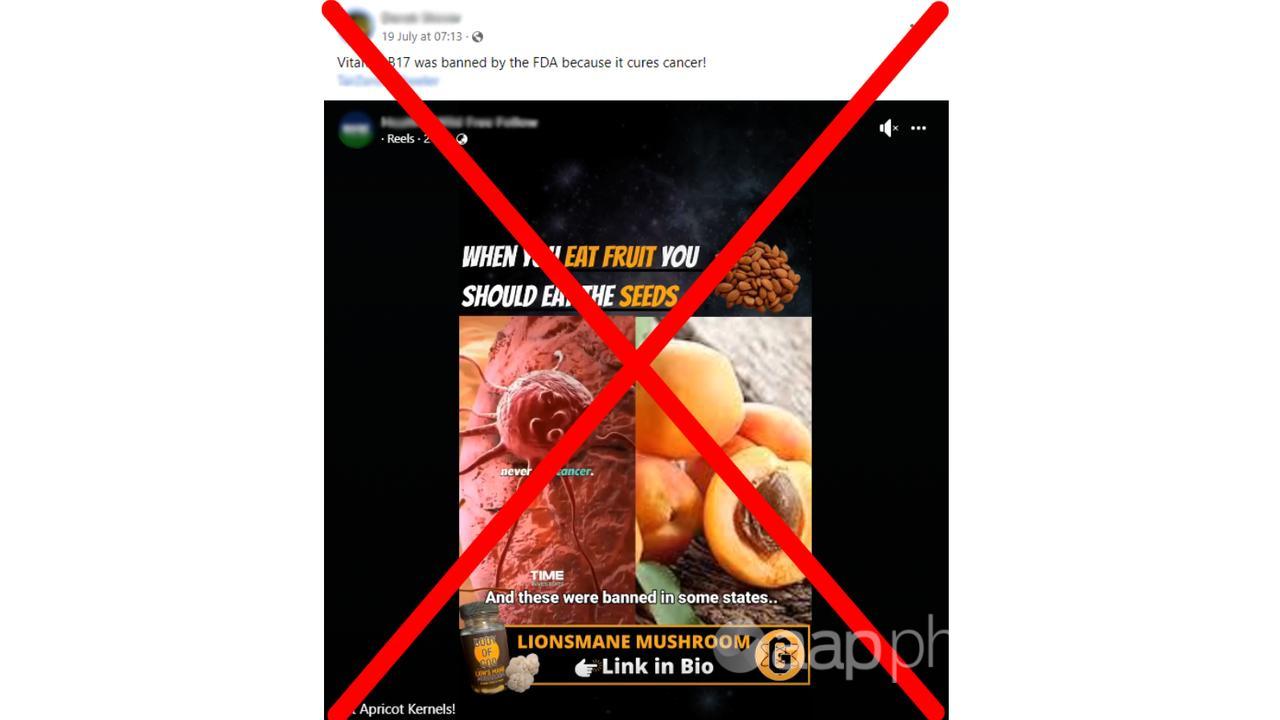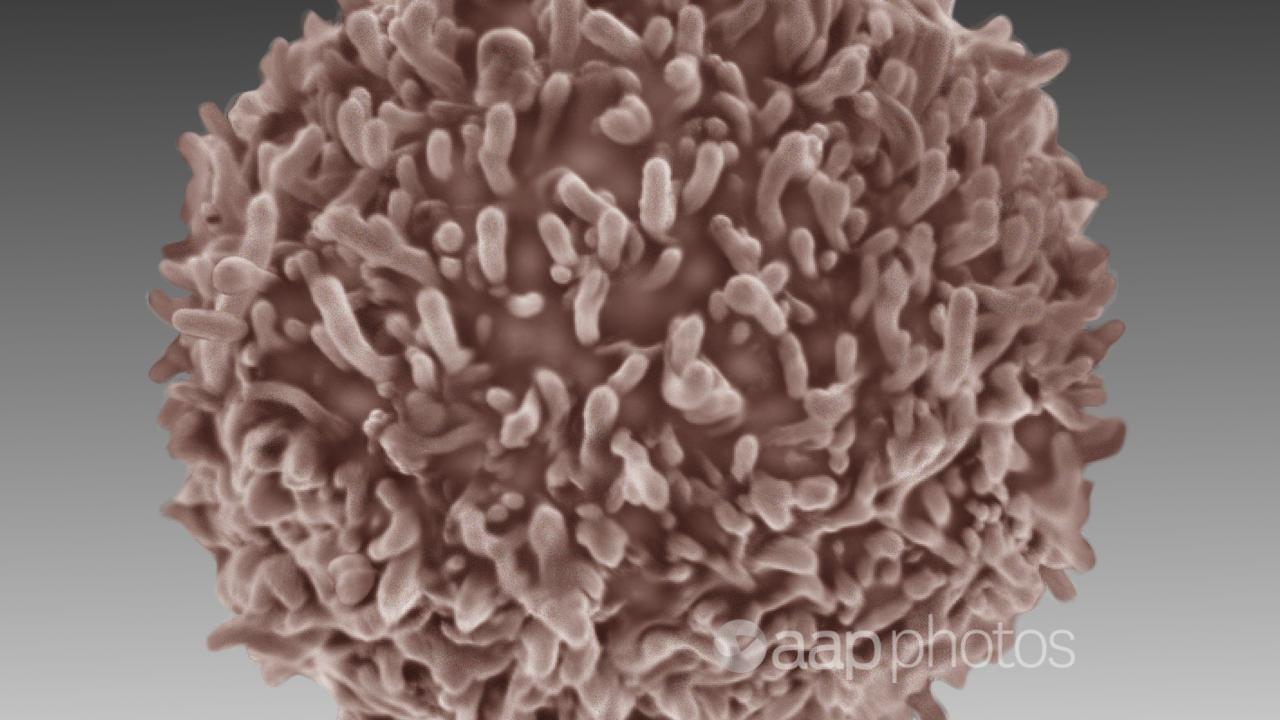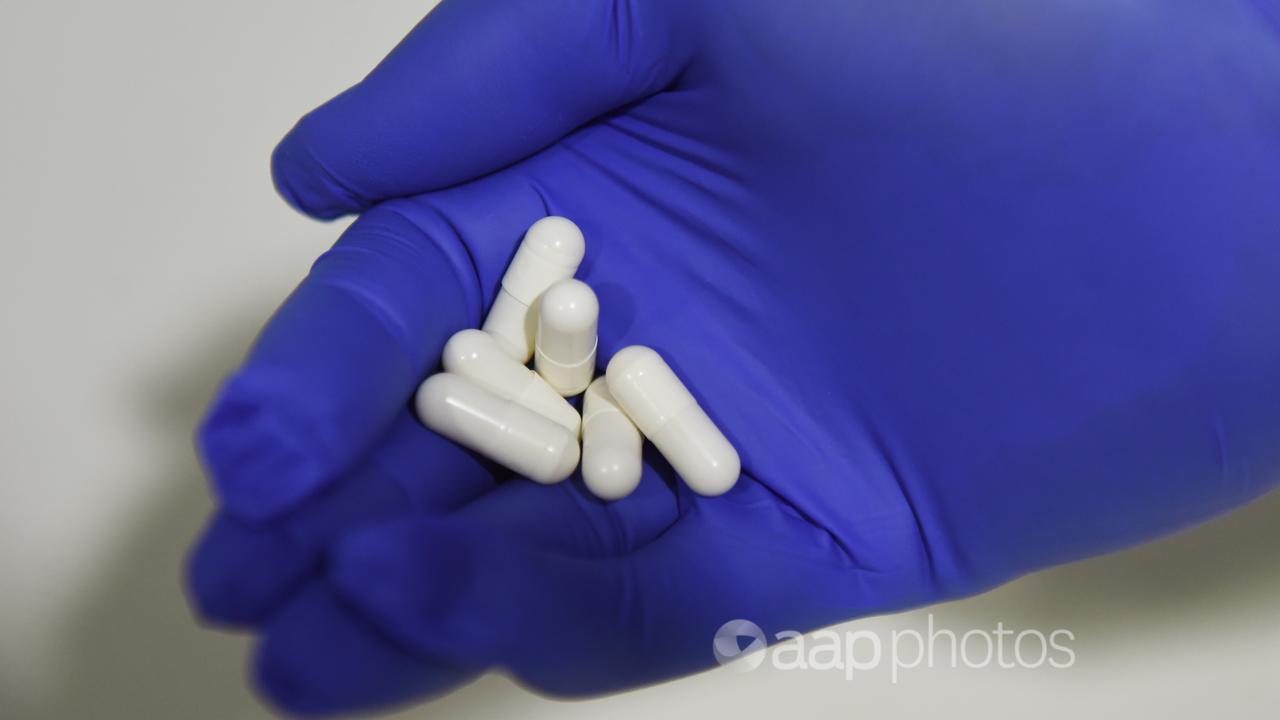AAP FACTCHECK – Cancer sufferers are being targeted by claims that a substance misleadingly known as “vitamin B17” could be a miracle cure for their illness.
The claim is false. Also known by the name laetrile, “vitamin B17” is not a vitamin at all. It is a semi-synthetic form of amygdalin, a natural substance found in some nuts, plants and fruit seeds.
One Facebook post claims “Vitamin B17 was banned by the FDA because it cures cancer!“, while others refer to B17 fighting cancer as well as killing cancer or cancer cells.

The substance, however, has never been shown to be effective as a cancer treatment and can cause serious harm if ingested.
Some of the claims on social media come from people selling “vitamin B17” pills or promoting alternative medicines.
When processing amygdalin, the human body releases cyanide, a potentially deadly chemical that impedes the body’s ability to use oxygen.
As a result, people who self-medicate with amygdalin may suffer fever, headaches, organ damage or even death.
Amygdalin has been a schedule 10 prohibited substance (poison) in Australia since 1974 due to its “serious toxicity and no clear evidence of therapeutic benefit“.
It’s also banned in the US and Europe.
A 2015 systematic review study – the gold standard of scientific research – concluded that clinical data did not support claims about amygdalin’s beneficial effects for cancer patients.

The review found that instead, ingesting it comes with “a considerable risk” of serious adverse effects from cyanide poisoning.
“The risk-benefit balance of laetrile or amygdalin as a treatment for cancer is therefore unambiguously negative,” the review said.
The toxicity of amygdalin has been known for a long time.
A 1982 study published in the prestigious New England Journal of Medicine reported that cancer patients treated with an amygdalin therapy program had “no substantive benefit … in terms of cure, improvement, or stabilization of cancer, improvement of symptoms related to cancer, or extension of life span”.
Several patients in the study showed symptoms of cyanide poisoning “approaching the lethal range”.
More recent studies have similarly described cancer patients suffering severe cyanide poisoning and organ failure after ingesting amygdalin.
In 2020, three people in New Zealand needed hospital treatment after consuming raw apricot seeds that contained amygdalin.
Adrian Harris, Emeritus Professor of Medical Oncology at Oxford University, previously told AAP FactCheck “vitamin B17” can cause poisoning, especially if taken in tablet form, while Ian Olver AM, a cancer researcher at the University of Adelaide and a former Cancer Council chief executive, said the cyanide produced by amygdalin kills cells regardless of whether they’re cancerous.

Globally, cancer research bodies strongly advise people not to ingest amygdalin pills.
The US National Cancer Institute has said no controlled clinical trials of laetrile have been reported, and anecdotal reports “have not shown it to be an effective treatment for cancer”.
Australia’s Cancer Council said it is “not only ineffective at treating cancer but could also be very dangerous”.
AAP FactCheck previously debunked claims that people from Pakistan’s Hunza Valley are “the only people in the world without cancer” because they eat apricot seeds containing “vitamin B17”.
False claims about “vitamin B17” curing cancer have also been debunked by fact-checkers at Health Feedback and Full Fact.
The Verdict
False – The claim is inaccurate.
AAP FactCheck is an accredited member of the International Fact-Checking Network. To keep up with our latest fact checks, follow us on Facebook, Twitter and Instagram.
All information, text and images included on the AAP Websites is for personal use only and may not be re-written, copied, re-sold or re-distributed, framed, linked, shared onto social media or otherwise used whether for compensation of any kind or not, unless you have the prior written permission of AAP. For more information, please refer to our standard terms and conditions.


















